A key panel of US vaccine experts met Tuesday in Atlanta in what many are calling a significant test of the Trump administration’s commitment to scientific independence following the recent appointment of Robert F. Kennedy Jr. as Secretary of Health and Human Services (HHS).
The Advisory Committee on Immunization Practices (ACIP), an independent group that advises the US Centers for Disease Control and Prevention (CDC), kicked off a two-day meeting to review updated guidance on vaccines for COVID-19, respiratory syncytial virus (RSV), and the mosquito-borne chikungunya virus. The session also included updates on the ongoing measles outbreak that has spread across multiple states.
This marks the committee’s first meeting since Kennedy, a longtime critic of vaccine policies, assumed the top position at HHS earlier this year. The meeting was originally scheduled for February but was postponed shortly after Kennedy’s appointment, raising concerns among public health officials about political interference in vaccine policymaking.
Kennedy has previously questioned the safety of some vaccines and recently called for further study into discredited links between vaccines and autism. While he has publicly stated he supports Americans’ right to choose vaccination and pledged not to block existing programs, many experts remain wary about his influence on the CDC and ACIP’s operations.
“The short version is we’re looking for some normalcy,” said Dr. Georges Benjamin, Executive Director of the American Public Health Association. “This should be a business-as-usual meeting, but the concern is because of who the secretary is.”
Though Kennedy has no formal role in ACIP meetings and is not expected to attend, he has oversight of the agency and its leadership. The CDC currently lacks a permanent director following the failed nomination of Kennedy ally Dave Weldon. The nominee for the role, Susan Monarez, is still awaiting Senate confirmation.
During the meeting, the ACIP began reviewing whether to expand RSV vaccine recommendations to adults in their 50s with certain health risks. This decision could potentially open the vaccine market to millions more Americans, with financial implications for drugmakers like Pfizer, GSK, and Moderna. The panel is also voting on guidance for travelers on the newly approved chikungunya vaccine.
In addition, the panel is expected to update its recommendation on COVID-19 shots for the 2025-2026 season. While current guidance advises vaccination for all individuals six months and older, the panel may narrow the recommendation to focus on high-risk groups.
Despite the broader political context, some experts expressed cautious optimism about the meeting’s return.
“So far, the agenda suggests it’s going to be a routine annual discussion,” said Dr. William Schaffner, a liaison to the committee from the National Foundation for Infectious Diseases.
Dr. Helen Talbot, the committee’s chair, emphasized the importance of consistency and transparency in public health discussions.
“Having regular ACIP meetings allows for vaccine updates to be made, new vaccines to be incorporated into the schedule, and allows the American public to listen and take note if they would like,” she said.
Still, concerns linger about the future direction of vaccine policy. As Kennedy continues to raise questions about vaccines while promising not to interfere directly, public health experts remain attentive to whether the CDC’s scientific guidance will continue to lead U.S. immunization strategy.
“The bottom line is: so far, so good,” Schaffner said. “But we’ll be watching.”
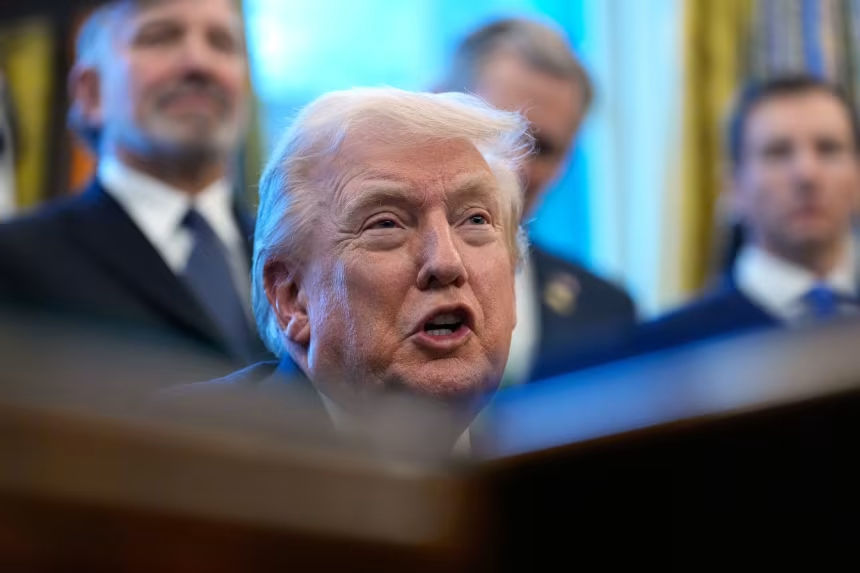
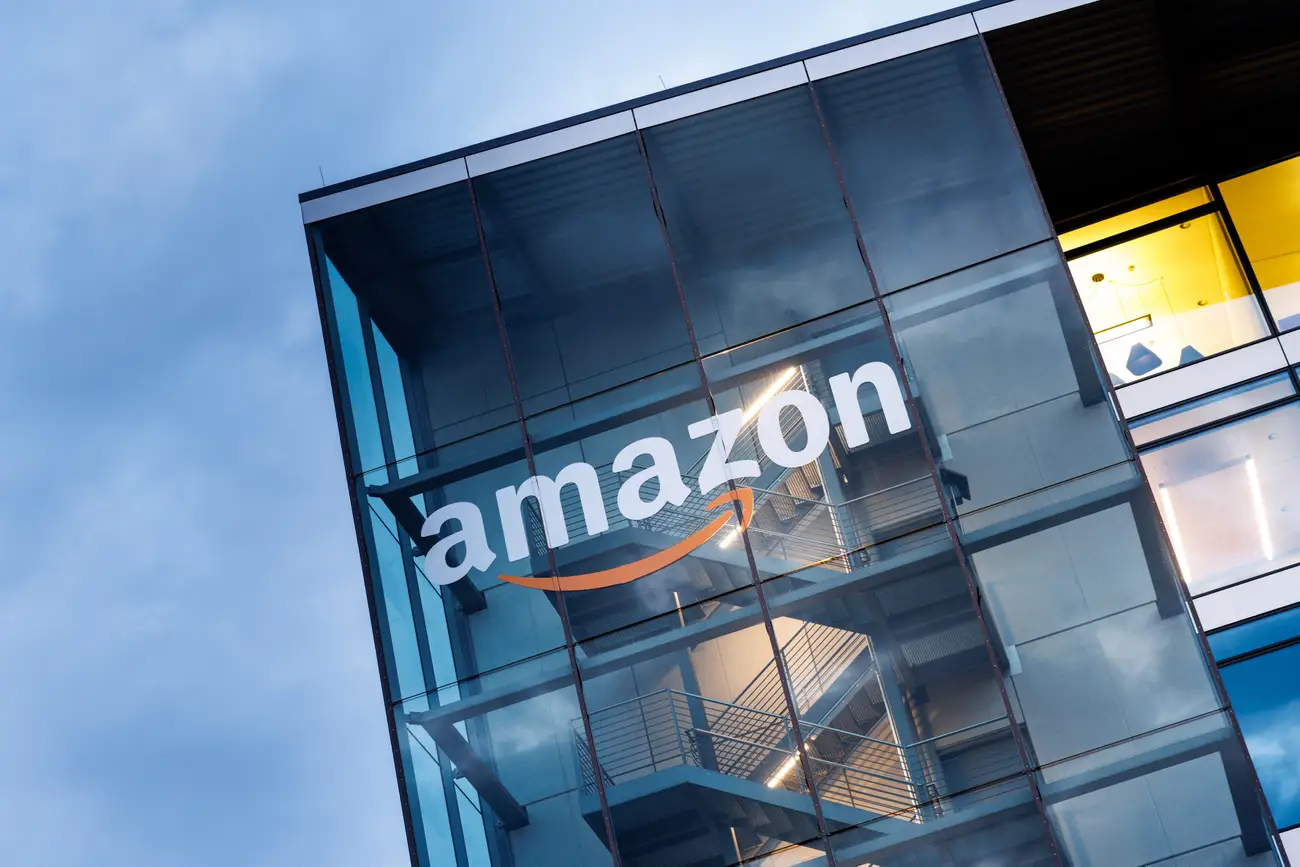
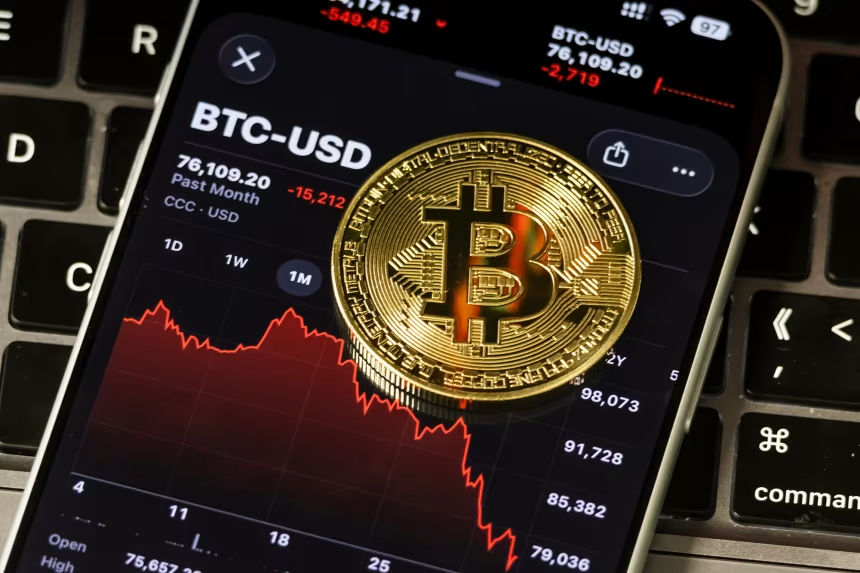
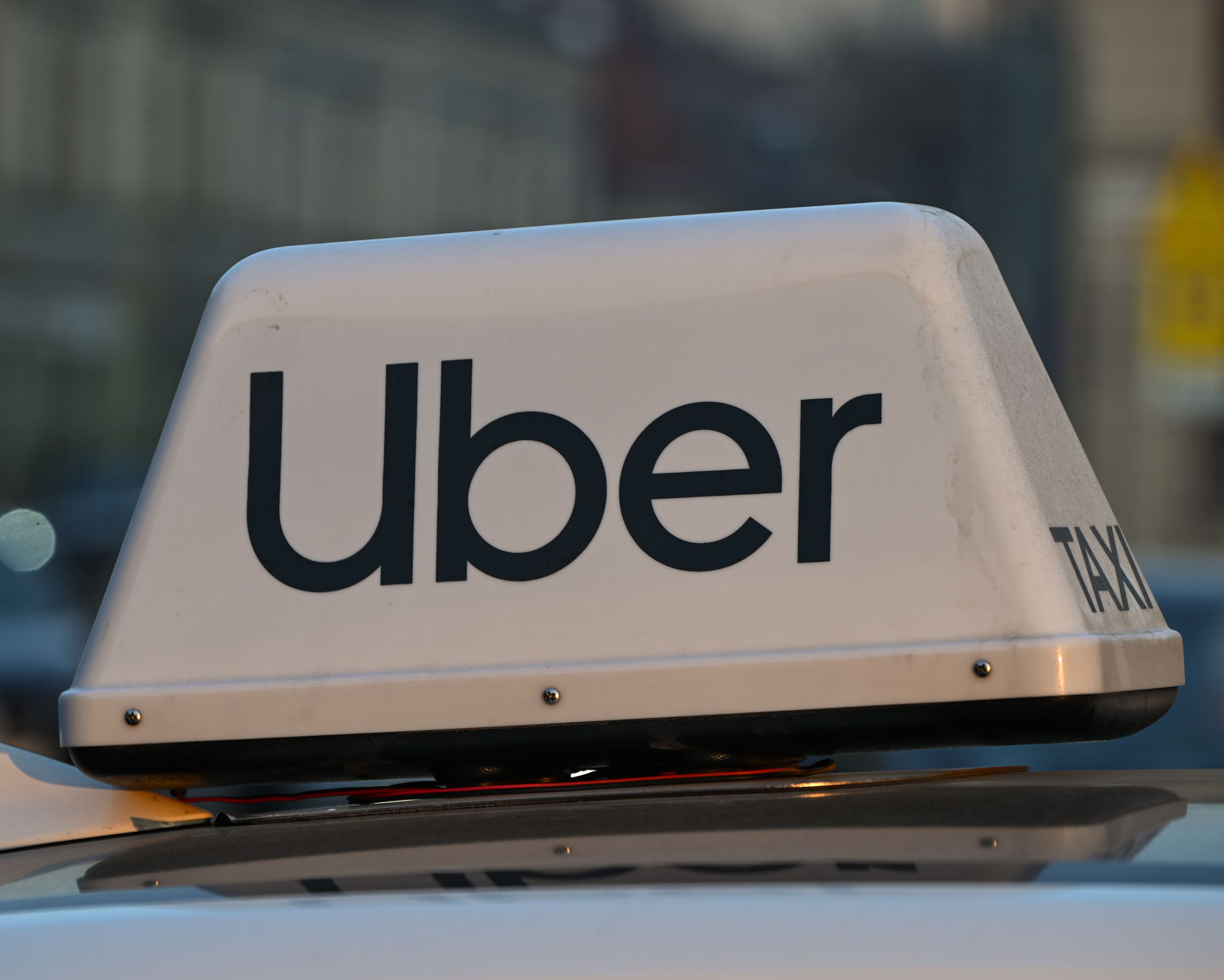

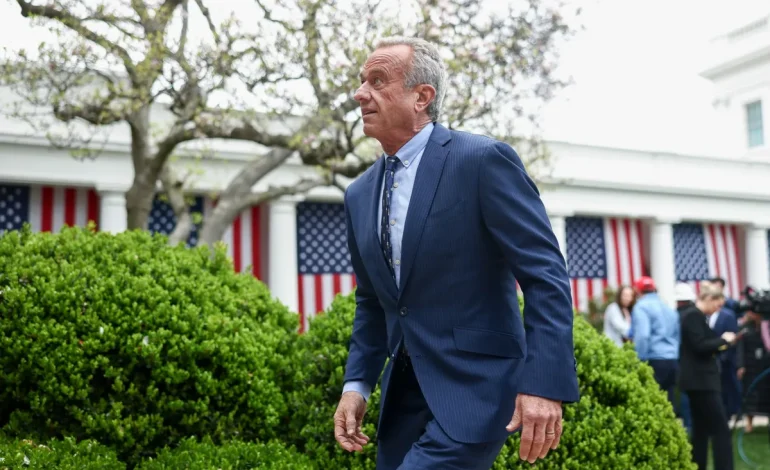




The latest news in your social feeds
Subscribe to our social media platforms to stay tuned